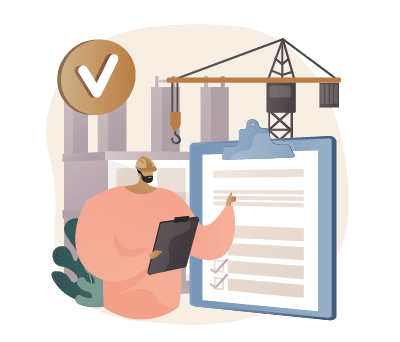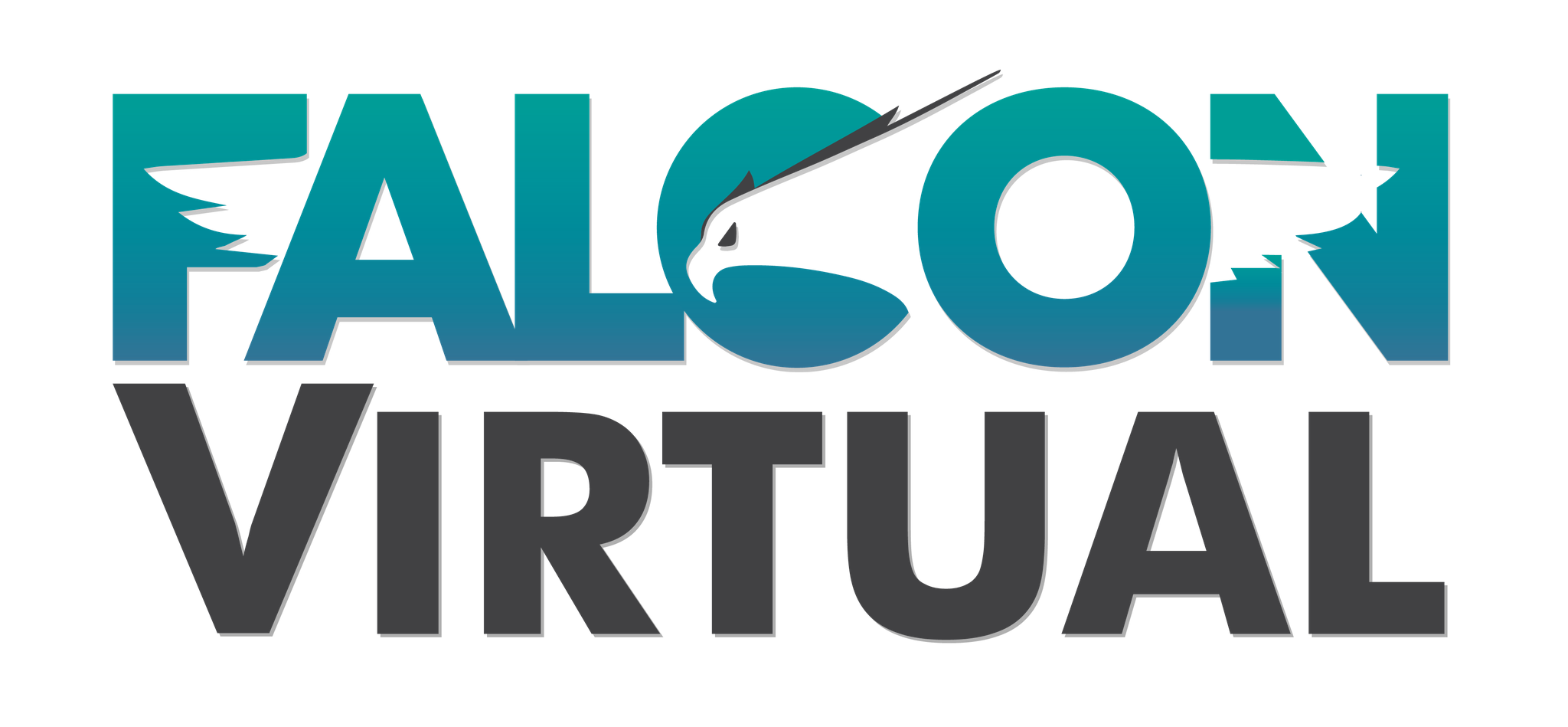

Efficient Planning and Scheduling: Virtual assistants enable project managers to efficiently plan and schedule tasks. With their AI capabilities, they can analyse project requirements, available resources, and dependencies to create optimised project plans. By automating the scheduling process and considering factors like resource availability and task dependencies, virtual assistants help in creating realistic and achievable project timelines.


Enhanced Document and Data Management: Construction projects generate vast amounts of documents, such as contracts, drawings, specifications, and reports. Virtual assistants streamline document management by organising, categorising, and securely storing project-related information. They can retrieve specific documents quickly, reducing time spent searching for critical information. Furthermore, virtual assistants can analyse data from various sources, extract relevant insights, and present them in a concise and easily understandable format, aiding decision-making processes.


Proactive Risk Management: Identifying and mitigating risks is essential for project success. Virtual assistants leverage AI algorithms to analyse project data, historical records, and industry trends to identify potential risks early on. They can provide proactive alerts, suggest risk mitigation strategies, and facilitate risk assessment and analysis. By incorporating virtual assistants into risk management processes, construction companies can minimise the impact of risks and ensure project continuity.

Streamlined Cost Control: Virtual assistants help streamline cost control by automating budget tracking, expense monitoring, and forecasting. They can analyse project expenses, compare actual costs against budgets, and identify areas of potential cost savings. With real-time insights into cost performance, project managers can make informed decisions to optimise project spending and avoid cost overruns.

